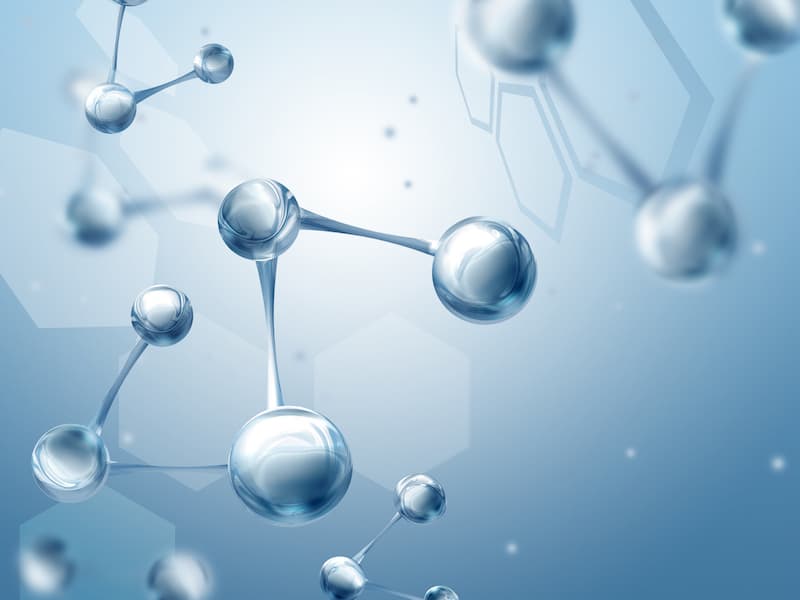The differences between protein, peptide, gelatine and collagen
In this article we will explain the differences between protein, peptide, gelatine and collagen in detail so that you will never get confused again.

Sometimes, it is difficult to understand the difference between protein, peptides, gelatin and collagen, because they are so similar. In this article, we will explain everything in an easy comprehensive way.
Understand the main differences between protein, peptide, collagen and gelatin:
Want to improve your skin condition, support your bone and joints or lose weight? It is then important to understand the background knowledge. You may have heard about protein, peptide, collagen, and gelatin before, but do you know the difference between them and how they work?
Protein:
It’s a macromolecule linked by different acid amino. The protein is the most common element and the basic molecular unit of every living creature.
Peptide:
A peptide is an amino acid polymer that is composed of amino acids. The number of amino acids should be under dozens when we define a simple peptide. When the number of amino acid that the polymer holds becomes great than twenty, we call it polypeptide. In summary, a peptide is a middle unit between protein and amino acid.
Collagen:
Collagen is one of the most important protein in the human body. Full-length collagen cannot be directly absorbed by the human body as an oral supplement. Macromolecular collagen can be broken down to form collagen peptides or gelatin.
Gelatin:
It’s a partially hydrolyzed macromolecule of collagen.
To sum up, all are made up with same amino-acids, but choose collagen peptides over collagen for the most beneficial supplement.

What are protein and peptide?
The physical form of all life in Nature can be said to be made up of proteins. The birds flying in the sky, the fish swimming in the water, and the various animals existing on this planet, such as cattle, sheep, horses, rabbits, and insects, are all made up of proteins.
Skin, muscle, bones and internal organs are composed of proteins. Protein is the core material that makes up life, participates in all life activities, there would be no life without protein. All creatures, from the smallest viruses to humans, have thousands of different proteins, which are composed of more than 20 kinds of amino acids. All the possible assembly combinations of the amino acids constitute a world of proteins.
One amino acid is linked to another by a peptide bond, and the resulting compound is called a peptide. When the number of amino acids contained in the peptide is less than 10, it is called an oligopeptide; whereas when the number of amino acids contained in the peptide is more than 10, it is called polypeptides.
One or several polypeptide chains make up the protein. A protein molecule usually contains more than 50 amino acids. What is collagen - a quick summary
Collagen is the most important protein that makes up 90% of the human body’s connective tissue and 80% of the skin.
In our early 20s, we start to produce less and less collagen which causes skin wrinkles, sagging, joint and bone weakness.
Our diet cannot guarantee we gain enough collagen.
Gelatin versus collagen
Gelatin is a denatured product of collagen under acid, alkali, enzyme or high-temperature conditions. It is partially hydrolyzed to hold on to a lot of water causing gelling. Because of its mature production technology and easy availability of raw material, gelatin is widely used in the industrial field. It can be found in the capsules commonly used in the pharmaceutical industry, jelly in the food industry such as yogurt, etc.
In comparison to gelatin, collagen is a product of further hydrolysis. The peptide chain is further opened, broken and degraded into peptides of different sizes. In terms of the application, collagen is characterized by its ability to be broken down by proteases, so it is most commonly used as a nutritional supplement. It is widely used in food additives, beverage clarifiers, candy dairy additives, food packaging materials, etc.
